Machine learning technology can feel eerily ubiquitous in the algorithmic undercurrent of our daily lives, but humanity is likely still in the very early stages of unleashing the power of machine learning to transform our world. In addition to its potential to overhaul such spheres as transportation and medicine, the Los Angeles-based artist Chris Peters predicts that its impact on entertainment will move far beyond just spitting out recommendations. He writes: ‘By 2050, you will be able to turn on your TV and order the machine to write and render a new show just for you, all within a few seconds.’ Peters’s experimental short Vertigo AI provides a snapshot of machine learning in its contemporary, perhaps primordial, form. Generated from running the Alfred Hitchcock classic Vertigo (1958) through an artificial intelligence computer 20 times, the resulting film offers a glimpse into the technology’s current capabilities and limitations. It’s also a work of art in its own right, with its uncanny, noir-infused AI-generated script and imagery striking a haunting tone, while also raising fascinating questions of authorship.
Who, exactly, authored this AI-generated spin on Alfred Hitchcock’s Vertigo?
Director: Chris Peters
Website: Slamdance

videoComputing and artificial intelligence
Machine learning is important, but some AIs just want to have fun
57 minutes
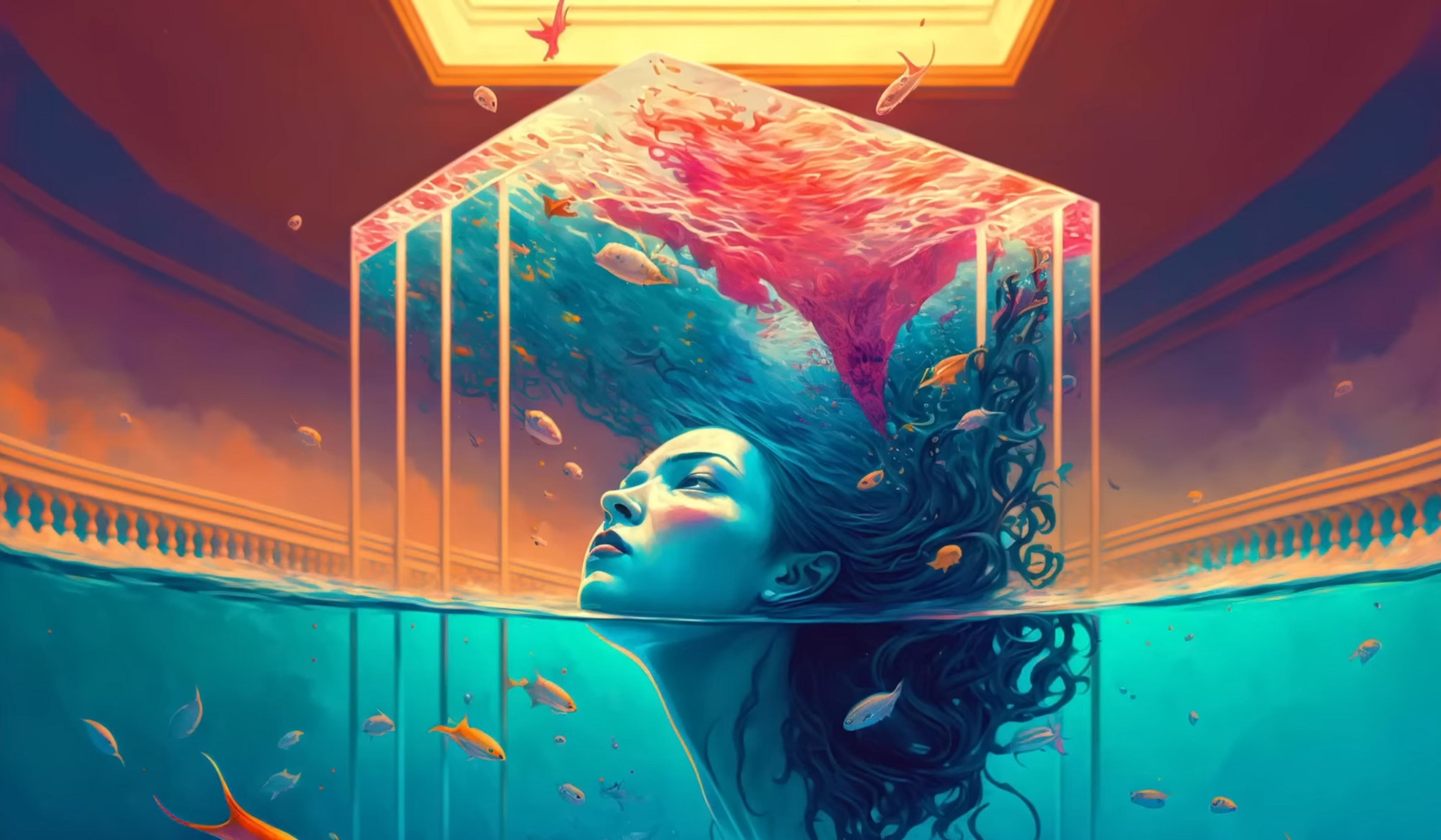
videoFuture of technology
Artificial ‘creativity’ is unstoppable. Grappling with its ethics is up to us
23 minutes
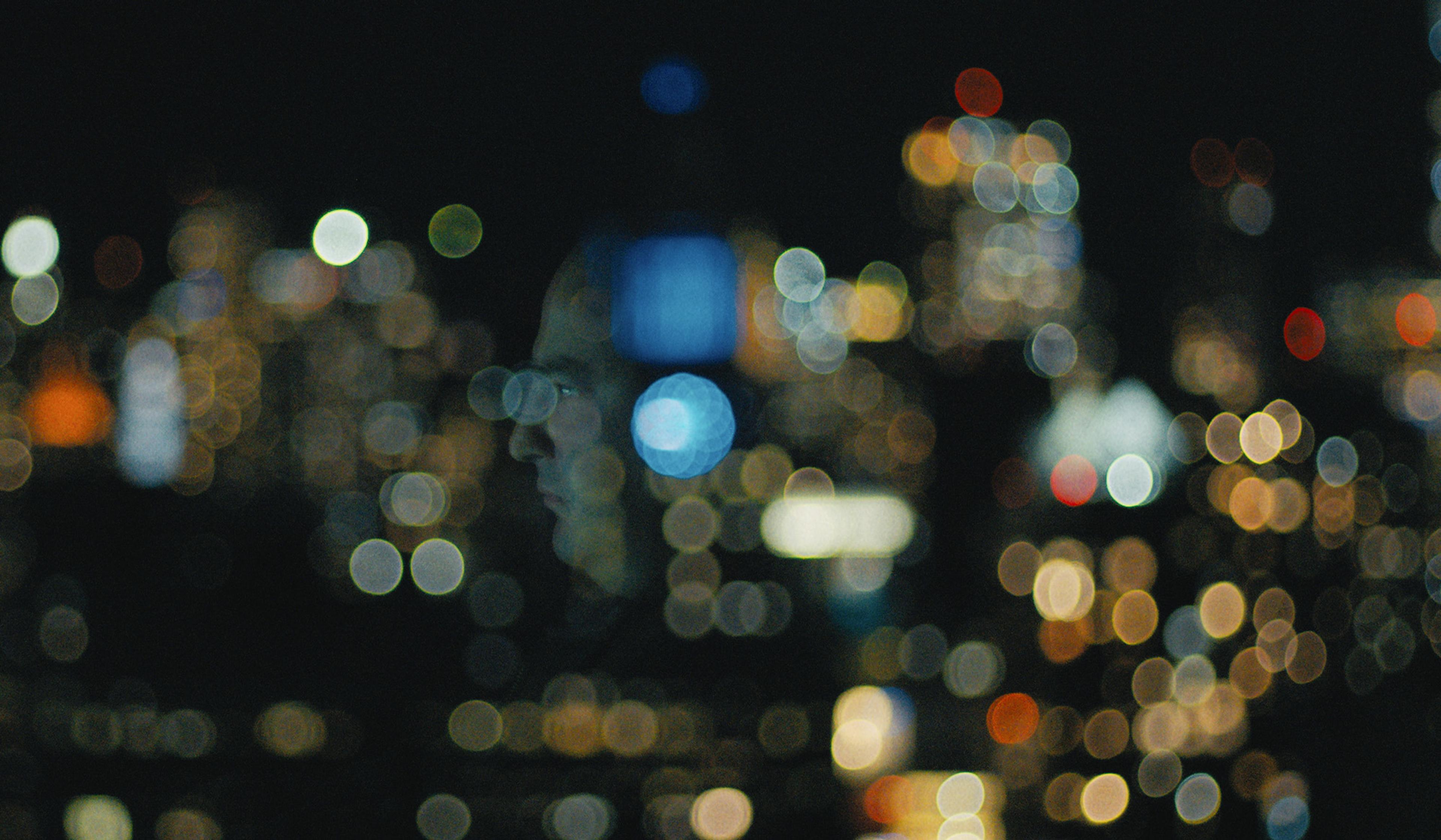
videoTechnology and the self
Why we should worry less about ‘sentient’ AIs and more about what we’re teaching them
16 minutes
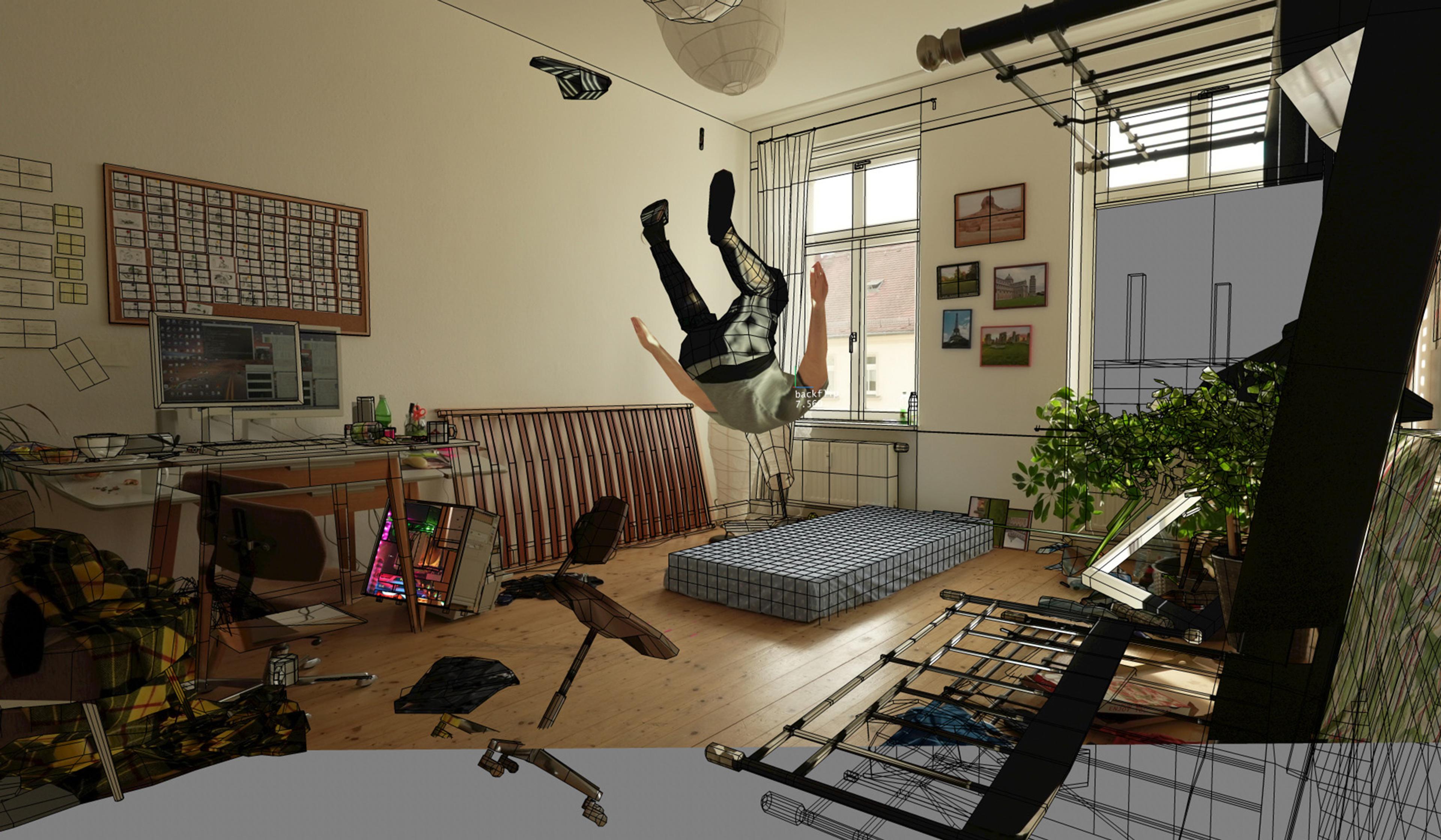
videoComputing and artificial intelligence
Struggling to learn how to do a backflip, Nikita takes on an unusual training regimen
12 minutes
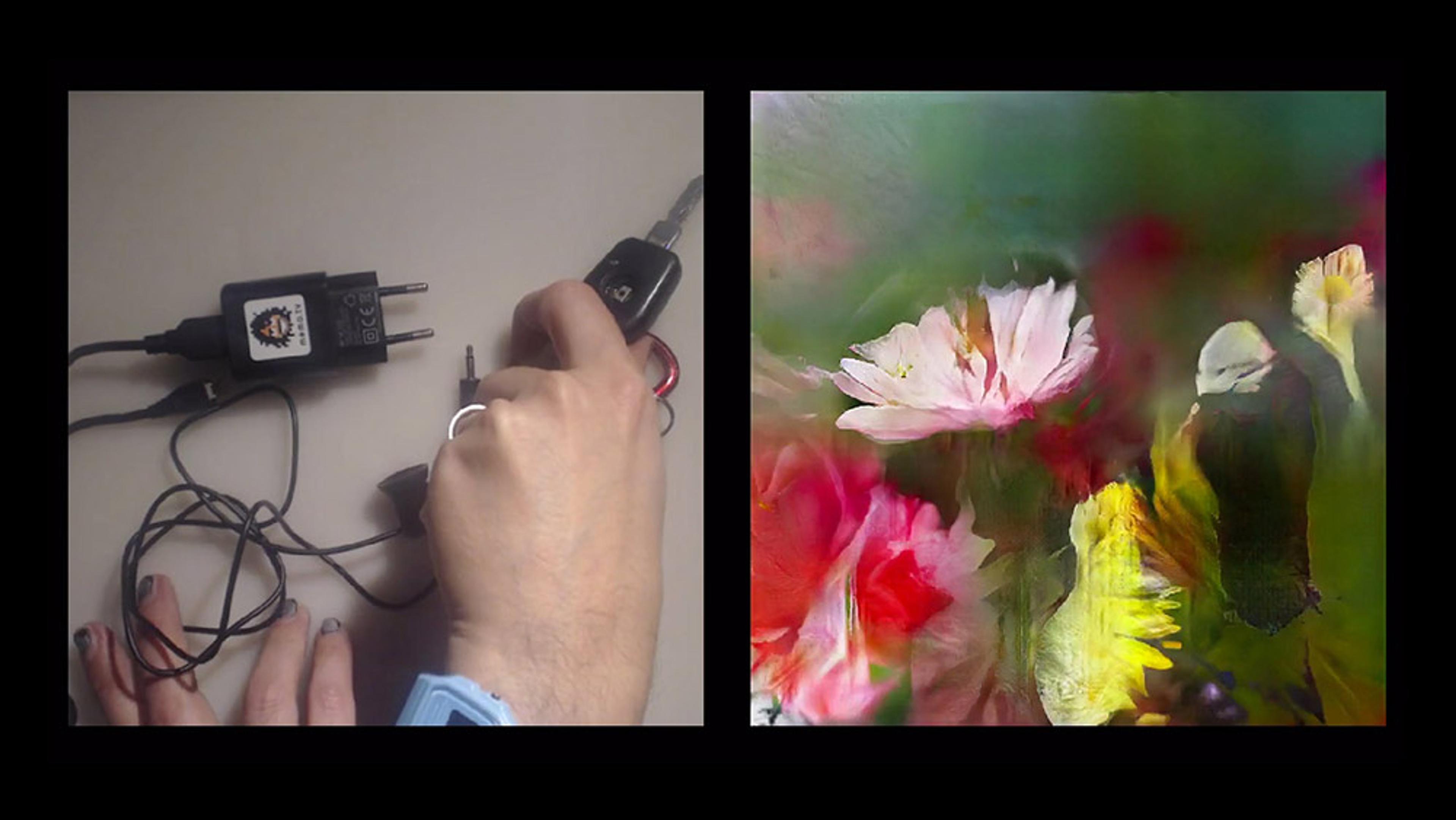
videoComputing and artificial intelligence
A neural network that keeps seeing art where we see mundane objects
3 minutes
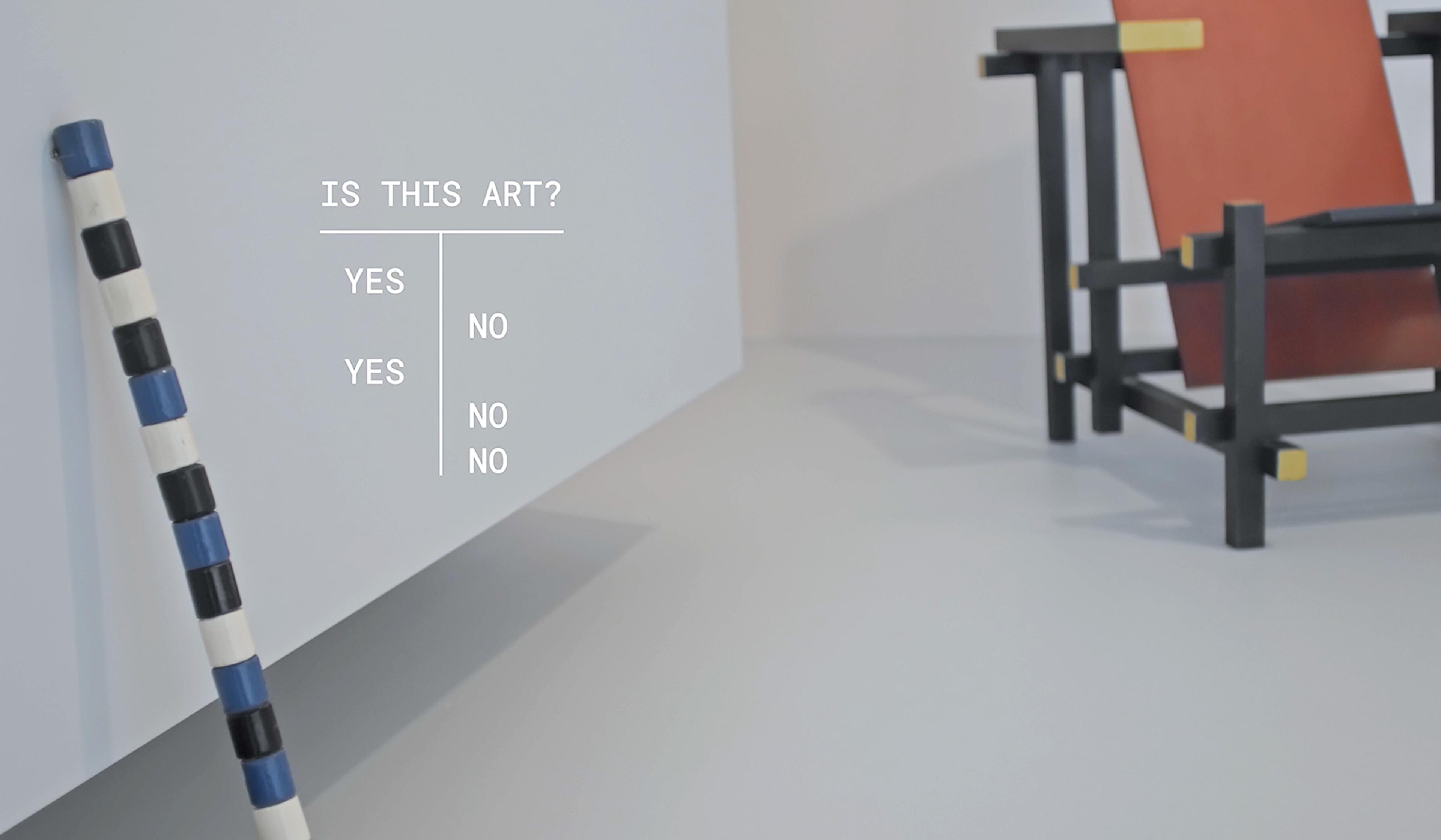
videoArt
What does an AI make of what it sees in a contemporary art museum?
15 minutes
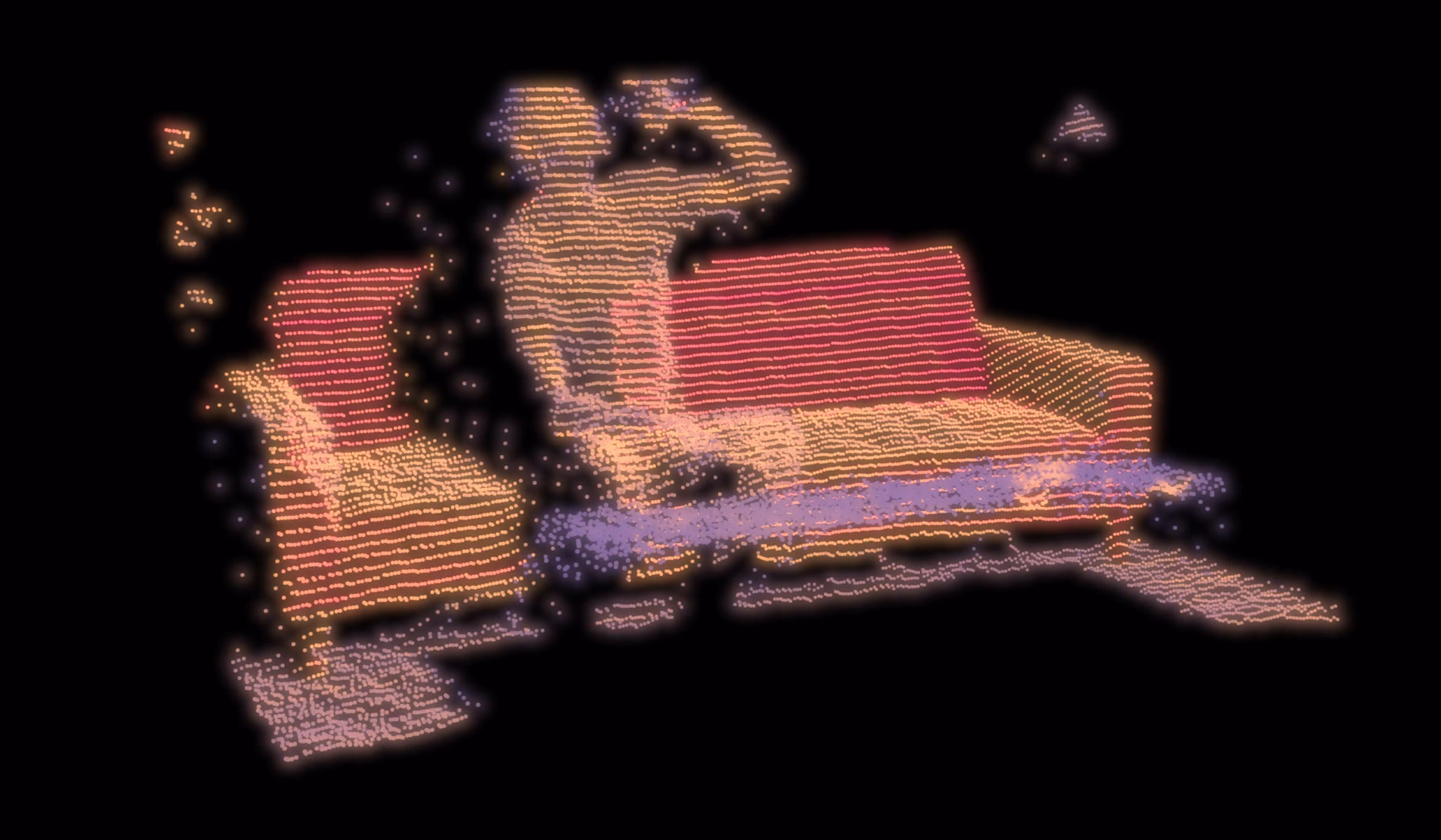
videoTechnology and the self
When an AI rejects him for life insurance, Mitch wonders if he can escape his fate
7 minutes
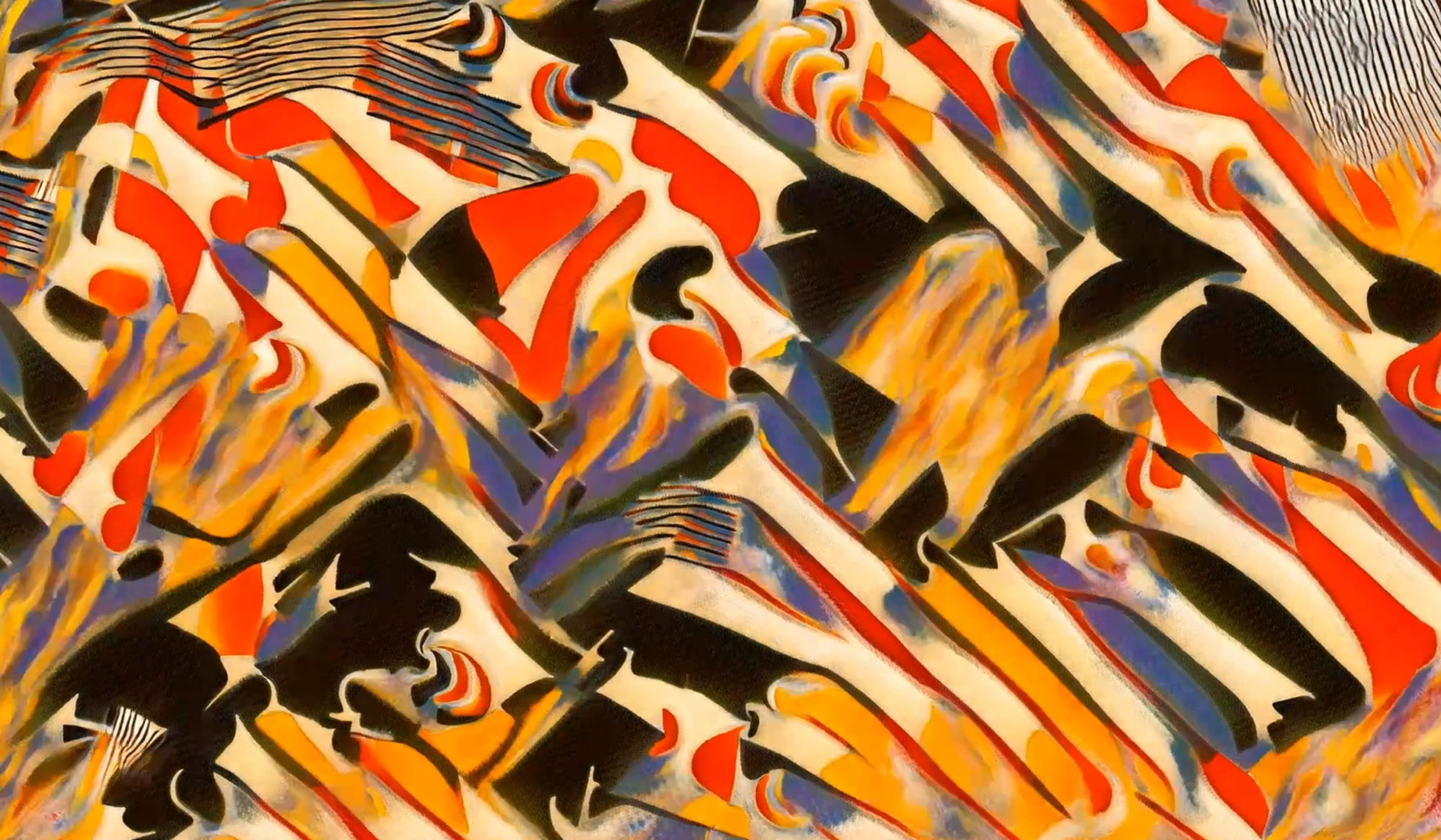
videoFilm and visual culture
With human help, AIs are generating a new aesthetics. The results are trippy
9 minutes
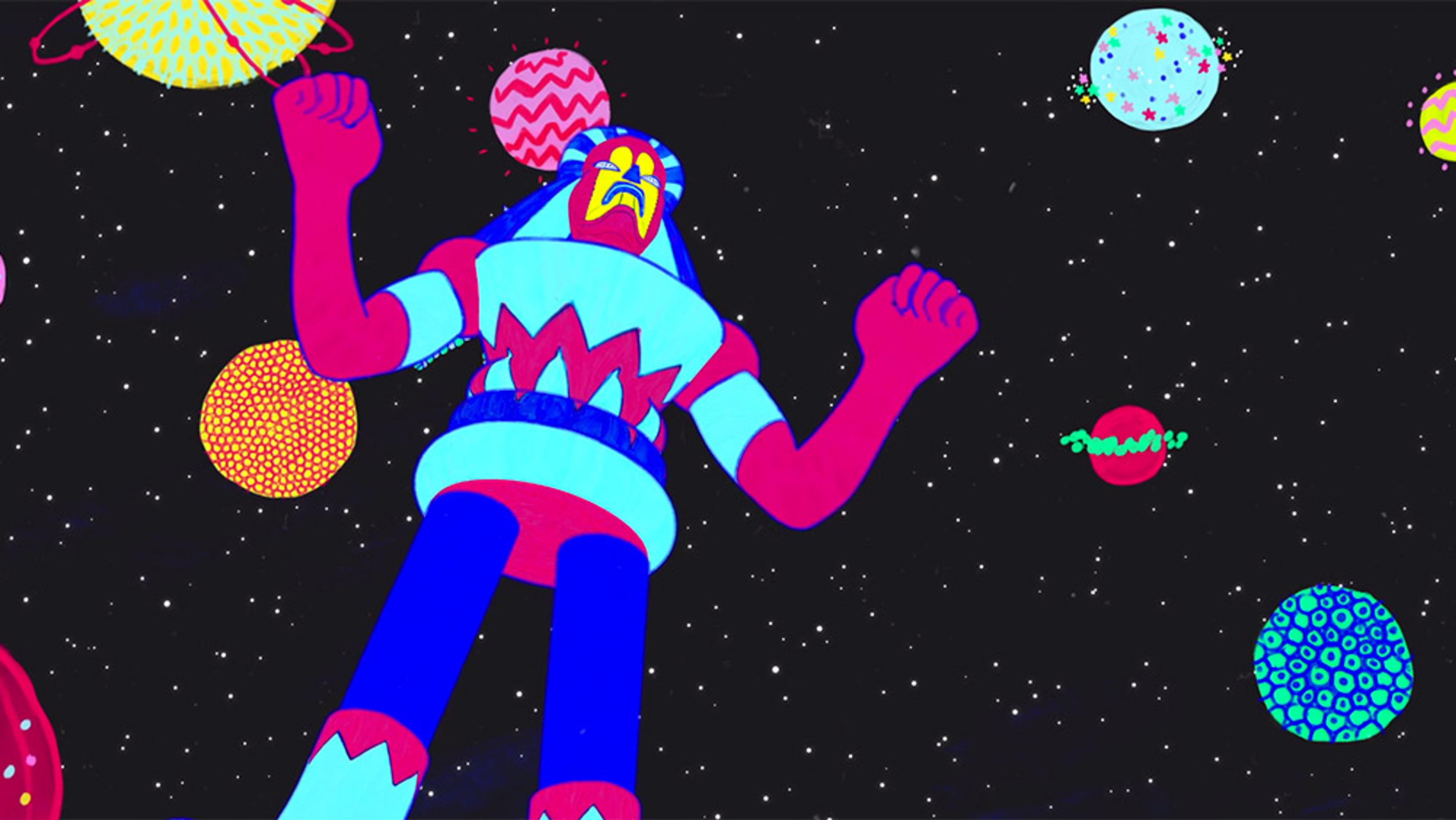
videoAutomation and robotics
Human as a process: What awaits us in the coming age of bio-enhancement?
3 minutes